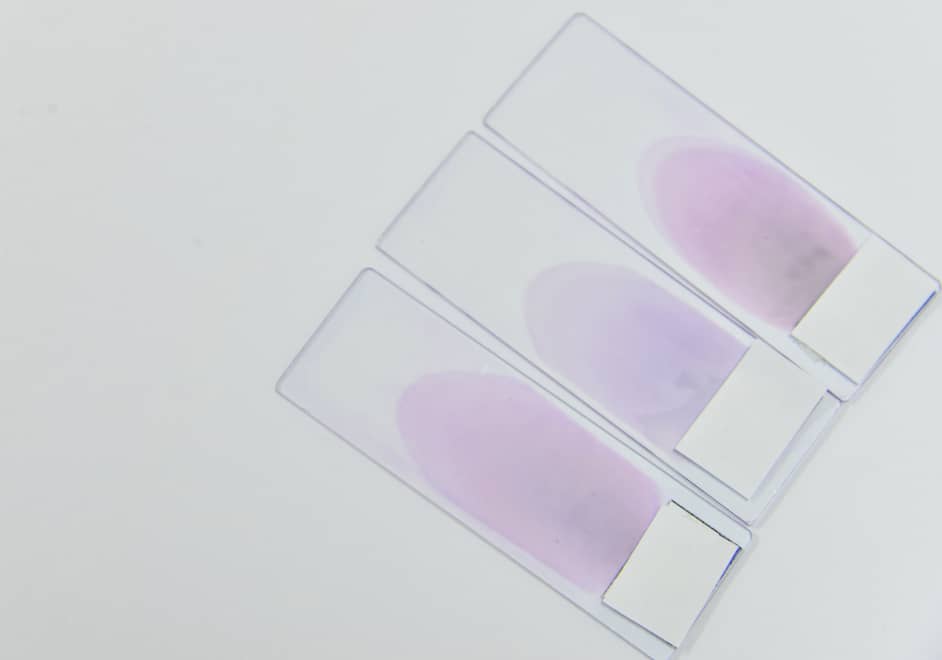



To evaluate the benefits of dietary fiber and psyllium, we compared results from multiple systematic reviews that assess the literature.1,2,3
Combined data from 23 studies showed a statistically significant reduction in total cholesterol and LDL cholesterol.1 In addition, combined data from 10 studies showed a statistically significant reduction in diastolic blood pressure.1
Psyllium is one such fiber supplement that has been tested for impact on heart health. Another review by Jovanovsky tested psyllium supplementation on heart health indicators and found reductions in LDL cholesterol, non-HDL cholesterol, and the apoB biomarker (using combined data from 28 studies).2
We recommend fiber to anyone who gets less than the recommended 25g of fiber per day, because it has well-supported heart health benefits and according to the National Health and Nutrition Survey, 90% of Americans don't get enough of it. Taking this fiber supplement will help increase your fiber intake, but you'll still need to eat your salads, veggies, and legumes!

Combined data from 23 studies showed a statistically significant reduction in total cholesterol and LDL cholesterol. This review leverages the larger sample size to draw this statistically significant outcome. Most of the studies trended in favor of reduced cholesterol, and 5 of the individual studies found a statistically significant reduction in total cholesterol.
Combined data from 10 studies showed a statistically significant reduction in diastolic blood pressure
Other improvements were seen in other cardiovascular biomarkers across studies, such as apoβ
Another review by Jovanovsky combined data from 28 studies of psyllium supplementation and found statistically significant reductions in LDL cholesterol, non-HDL cholesterol, and the apoβ biomarker
Sources: Hartley, 2016 (1) Jovanovsky, 2018 (2)
Adverse events were reported in 2 of 3 studies reviewed, including feeling full, feeling bloated, and having increased bowel movement frequency.
Source: Wharton, 2020 (3)
